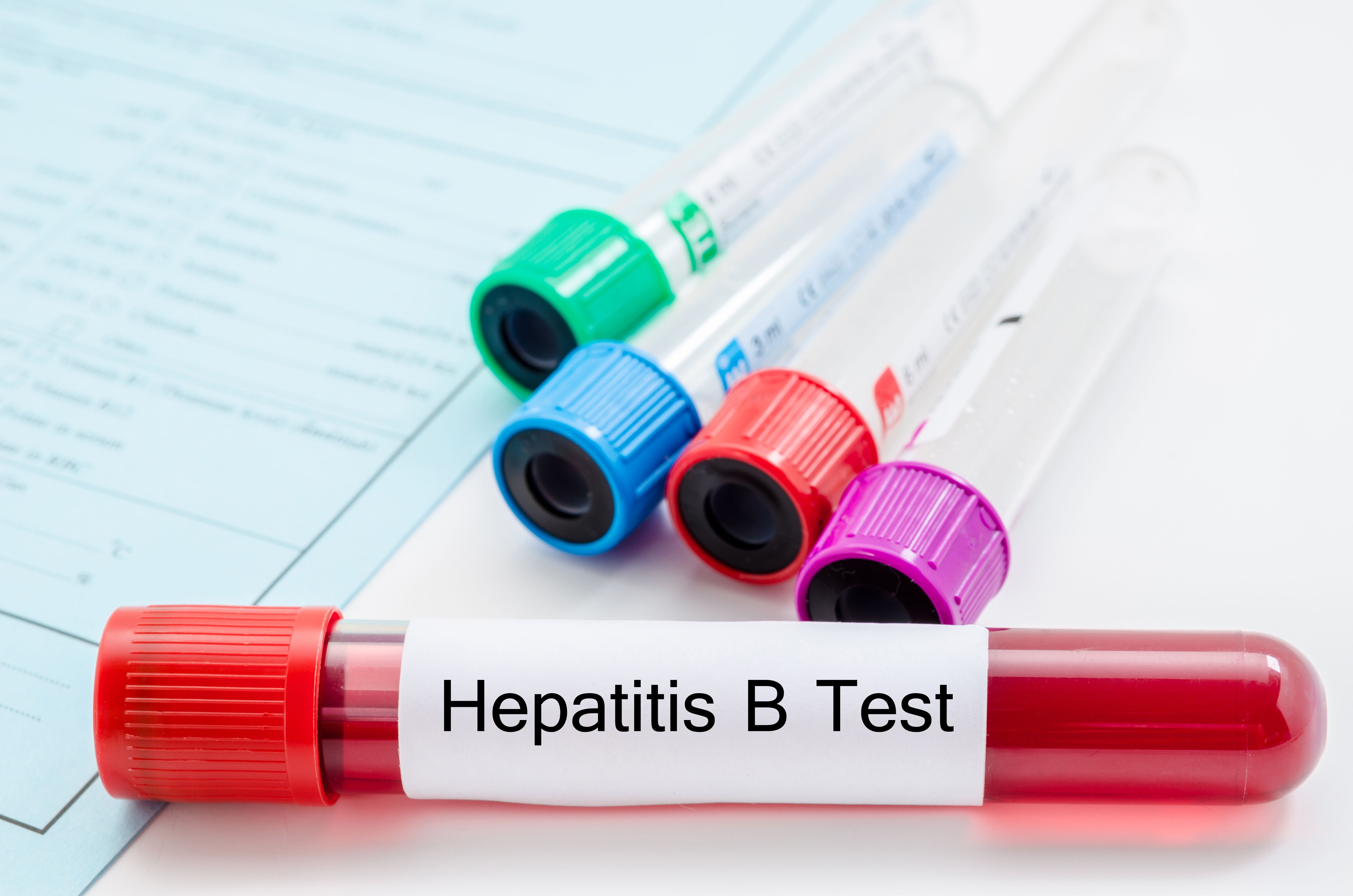Article
Lonafarnib Therapy Extends Survival in Patients with Rare Disease
Author(s):
Lonafarnib, a farnesyltransferase inhibitor, extended survival in patients with Hutchinson-Gilford progeria syndrome, or progeria.
New research
published in JAMA
reports that lonafarnib, a farnesyltransferase inhibitor (FTI), extended survival in patients with Hutchinson-Gilford progeria syndrome (HGPS), or progeria.
HGPS, which has an estimated incidence of 1 per 4 million births and a prevalence of 1 in 20 million living people, is an ultra rare, fatal disease that causes premature aging in children. HGPS is caused single base pathogenic variants in the LMNA
gene that result in the production of a mutant lamin A protein, progerin.
No drugs are currently approved to treat HGPS, but the newly published cohort study reports that treatment with lonafarnib monotherapy is associated with lower mortality versus no treatment.
The observational cohort study, of which the primary study outcome was all-cause mortality, compared treated patients with contemporaneous untreated participants. Treatment cohorts included patients from 2 single-group, single-site clinical trials: the completed ProLon1 (n = 27) and ongoing ProLon2 (n = 36). Treated patients received oral lonafarnib at a dose of 150 mg/m
2
twice per day. Untreated patients originated from a separate natural history study (n = 103).
Click to continue reading on The American Journal of Managed Care.






